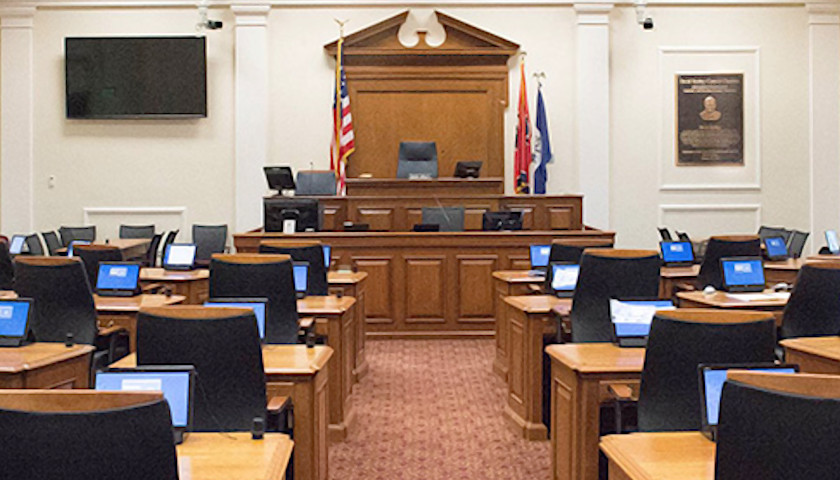The Nashville Metro Council agenda for its Tuesday meeting includes $16.9 billion in requests for the Fiscal Year 2023 Capital Improvements Budget, which is an ordinance on third reading.
BL2022-1268 is an “ordinance adopting the 2022-2023 through 2027-2028 Capital Improvements Budget for The Metropolitan Government of Nashville and Davidson County as the official Capital Improvements Budget of The Metropolitan Government of Nashville and Davidson County for Fiscal Year 2022-2023.”
It is sponsored by Councilmembers Burkley Allen and Brett Withers. It contains the mayor’s draft.
The budget includes requests for $16.9 billion and phases the spending over the current fiscal year, FY2022-23, and five further years, FY2023-24 through FY2027-28.
Additionally, some departments track requests across 10 years, through FY2031-32, a variation which adds an additional $3.0 billion in requests.
The accompanying document, which lists and explains the Capital Improvements Budget, says, “The Charter of the Metropolitan Government for Nashville and Davidson County requires that the Planning Commission submit a list of recommended capital improvements that are necessary or desirable to be constructed or provided during the next six years.”
In order for expenditures to be considered capital improvements, they must be investments that have a lifetime greater than 10 years and cost more than $50,000.
The document additionally says that capital improvements “include Metro facilities, equipment, and infrastructure (capital investments that shape private activities, such as deciding where to live, start a business, or invest). The Planning Commission’s role is most closely tied to infrastructure, which should be coordinated with land use regulations.
General obligation bonds, revenue bonds, 4% funds, enterprise funds or operating budget, miscellaneous funds, as well as state or federal funding, are the proposed funding sources for the Capital Improvements Budget.
The largest major requested expenditure appears to be $2.2 billion for “[r]enovation of existing stadium; or construction of a new stadium,” the funding source of which would include: “contributions from the State and Team, and revenue bonds from the Sports Authority (debt service to be backed by user-generated sales tax, tourism-oriented sources such as the Hotel Occupancy Tax, and related funds).”
Councilmembers Burkley Allen and Bob Mendes have introduced an amendment to the Capital Improvements Budget, which changes the funding language to: “To be funded with no general obligation bonds. Funding sources to include contributions from the State and Team, and revenue bonds from the Sports Authority (debt service to be backed by state and local option sales and hotel tax revenues statutorily designated by the State of Tennessee in Tennessee Code Annotated, Title 67, and other funds and tourism-related sources).”
– – –
Aaron Gulbransen is a reporter at The Tennessee Star and The Star News Network. Email tips to [email protected]. Follow Aaron on GETTR, Twitter, and Parler.
Photo “Metro Nashville Council Meeting Room” by nashville.gov.








